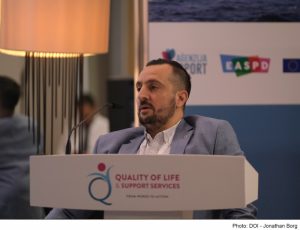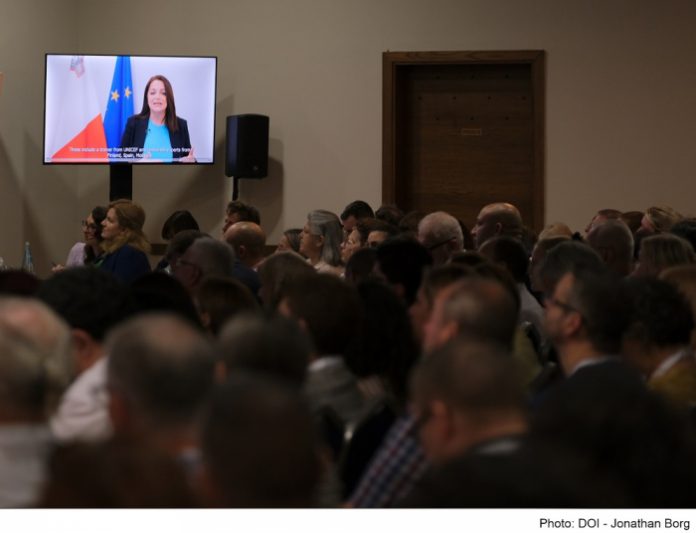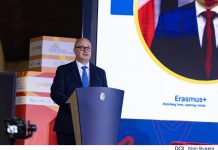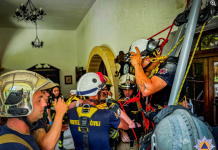Over the next two days, an international conference titled ‘Quality of Life & Support Services: From Words to Action’ is being hosted in Malta by Aġenzija Sapport and the European Association of Service Providers for Persons with Disabilities (EASPD).
The main aim of this conference is to inspire more support services that focus on improving the quality of life of people using these services. This conference is bringing together 60 national and international speakers, including stakeholders from the academic sector, service providers, those in charge of drawing up strategies, regulators, service users and professionals working within the disability sector. These also include a trainer from UNICEF and renowned experts from Finland, Spain, Moldova, Scotland, Cyprus, Holland, Belgium, France, Bulgaria, the United Kingdom and Hungary.
EASPD represents over 20,000 social care services in 41 countries around the world whilst Aġenzija Sapport provides a regular and professional service to better the quality of life of Maltese persons with disabilities and their families.
In her opening address, Minister for Inclusion, Voluntary Organisations and Consumer Rights Julia Farrugia Portelli encouraged those present to not focus solely on the word ‘hope’. “Let us transform concretely our actions in a way that empower not just persons with a disability but also policymakers. So that we truly instil change.”
Minister Farrugia Portelli also stated that in the past few years, Malta announced unprecedented investments in the disability sector. She emphasised that these successes are not the end of the road, but a motivation to keep on working towards a more inclusive society.
During his address, Aġenzija Sapport’s Chief Executive Officer Oliver Scicluna stated that the conference title reflects the move that we need to make to turn our words into actions. He explained that over these two days, other resources and processes that can assist in bettering the quality of life for persons with disabilities will be discussed.

Mr Scicluna concluded that we are to stray from the healing concept. “We are here to support persons with disabilities to reach their full potential, giving them the necessary power and ensuring full access to these services.”










